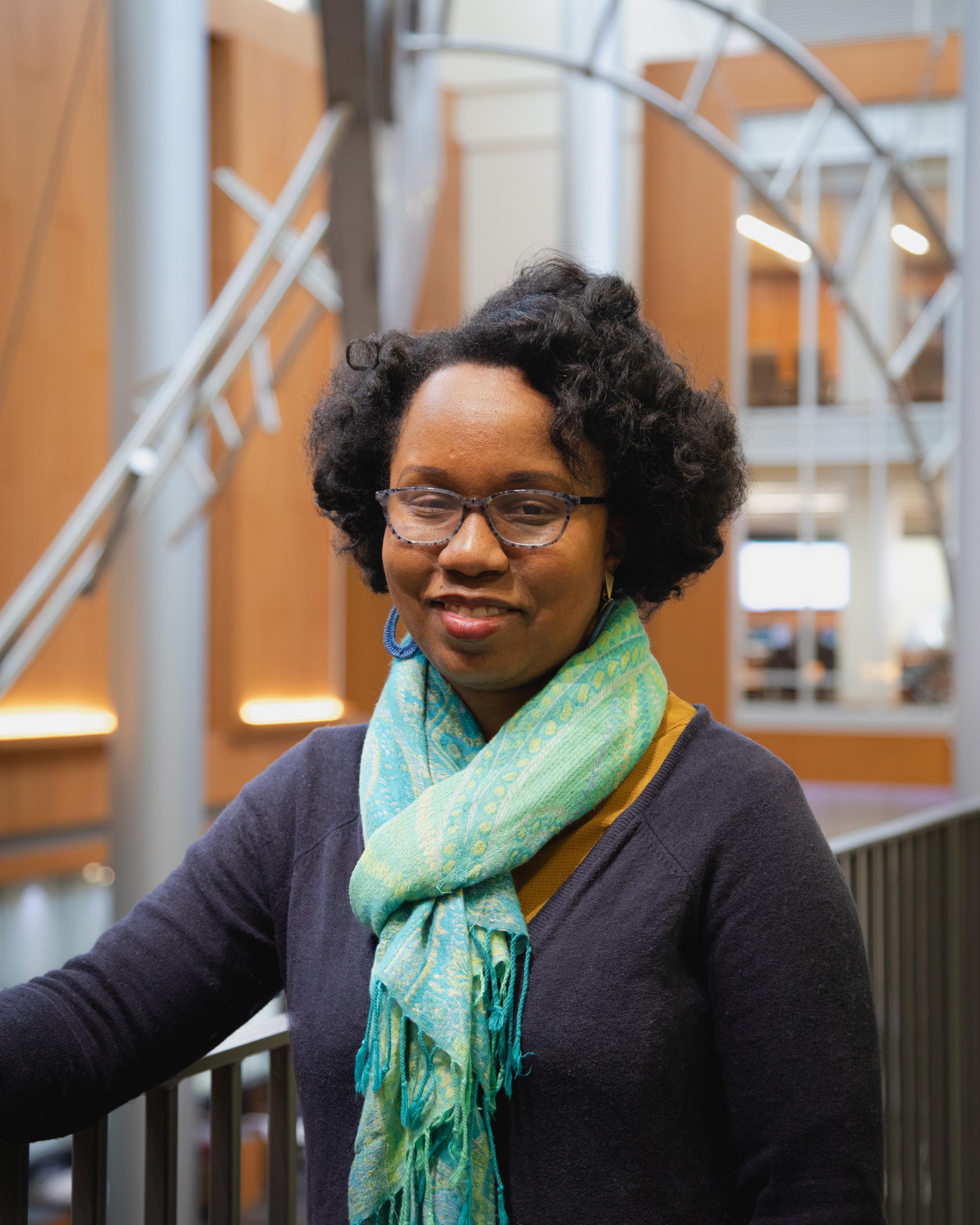Leadership in a Time of Crisis
What makes for effective leadership in a moment of crisis? Please join State Representative Charles Booker, president and founder of the new Kentucky-based organization, "Hood to the Holler,” and UK history professor Tracy Campbell, author of The Year of Peril: America in 1942, to discuss leadership during a crisis from both historical and contemporary perspectives. What challenges did leaders face dealing with the sudden onset of World War II, and what difficulties do they face now in dealing with the multi-layered racial, economic, and Covid crises? How can we overcome the divisions that crises create?
This talk, moderated by A&S Dean Mark Kornbluh and Cooperative Director Karen Petrone, is the inaugural event of the UK College of Arts and Sciences's new Cooperative for the Humanities and Social Sciences (CHSS). This year our theme is “Crises and Creating Social Change.” CHSS facilitates interdisciplinary research and university engagement locally, nationally and internationally, to demonstrate the value and the contributions of the Humanities and Social Sciences in sustaining our communities and solving critical social problems.

 Students in GEO 365 Race, Food and Environment found themselves sitting at a “kitchen table” rather than in a traditional classroom for their final exam at the end of the fall 2019 semester.
Students in GEO 365 Race, Food and Environment found themselves sitting at a “kitchen table” rather than in a traditional classroom for their final exam at the end of the fall 2019 semester.